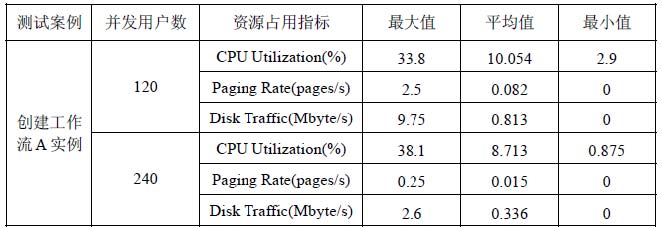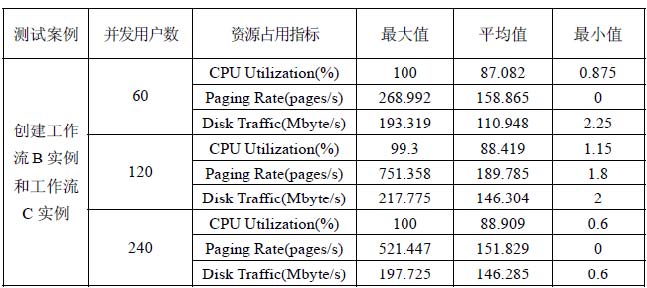问题
阅读理解
| 阅读理解。 |
| Imagine you receive an e-mail that looks something like this: ARE YOU GOING TO CLASS TODAY? How does reading this message make you feel? Why did the sender use all capital letters? Was he or she angry, or did that person just forget to turn off the 'Caps Lock' on the computer? The fact is, this e-mail 'sounds' like the writer is shouting because using all capital letters in an e-mail is usually the way that people shout online. Knowing when and when not to use capital letters is just one example of online etiquette (规矩) often called netiquette. Virginia Shea's book, Netiquette, lists a basic set of dos and don'ts for communicating (交流) rightly with others online. Following are some of her suggestions. First, always remember that you are sending messages to a real person, not just to a computer. Don't type anything that you wouldn't say to someone's face. Also, remember that the person who receives your message cannot hear the tone of your voice, or see the expression on your face, so make sure your meaning is clear. Don't do anything online that you wouldn't do in real life. Don't take anything without paying for it, unless it's free. Don't use information that someone else has written, and say it's yours. Don't read other people's e-mail-you wouldn't open your next-door neighbor's mailbox and open their mail, right? Do share your knowledge of the Internet with others. It's a big place with lots of information, and there are many new things to discover. Remember that people think about you by your words as well as your actions, so do try to write well. Good writing skills, as well as correct grammar and spelling, do matter. Send polite, well-written e-mail messages to others. If you're uncertain about how to spell a word or which phrase to use, look it up. There are lots of helpful books and websites. It's okay to express your opinions online in forums like chat rooms or message boards, for example "MSN" or "QQ", but don't start arguments with people. 'Flame wars' (网上论争) in online discussions can be interesting to read, but are often unfair (不公平) to other members of the group. Express your ideas, but remember that fighting (打架) on or offline is just not right. When you're online, just as in 'real' life, try to respect other people's space, privacy, and feelings. Remember, you're not the only one traveling on this highway! |
| 1. Using all capital letters in an e-mail means _______. |
[ ] |
| A. shouting B. laughing C. pardoning D. talking |
| 2. Make sure your meaning in e-mails is clear because _______. |
[ ] |
| A. the receiver can't see you or hear you B. the e-mails are usually very short C. it is easy to cause "flame wars" D. e-mails are difficult to understand |
3. From the last paragraph, we know that _______. |
[ ] |
| A. besides us, there are many other people traveling on a highway B. when we are online, we should think of other people and leave them enough time and room alone C. we should follow the traffic rules when we are traveling on a highway D. If we are online, we are in a real life |
| 4. What is the best title for the passage? |
[ ] |
| A. The Information Highway B. How to Write a Good E-mail C. Netiquette-Internet Dos and Don'ts D. Don't Use Capital Letters In E-mails |
答案
1. A 2. A 3. B 4. C

 ● 服务器资源占用情况 1 单机运行环境 ①应用服务器资源占用情况
● 服务器资源占用情况 1 单机运行环境 ①应用服务器资源占用情况 ②数据库服务器资源占用情况
②数据库服务器资源占用情况
 2 集群运行环境 ①俩台应用服务器资源占用情况
2 集群运行环境 ①俩台应用服务器资源占用情况  ②数据库服务器资源占用情况
②数据库服务器资源占用情况 